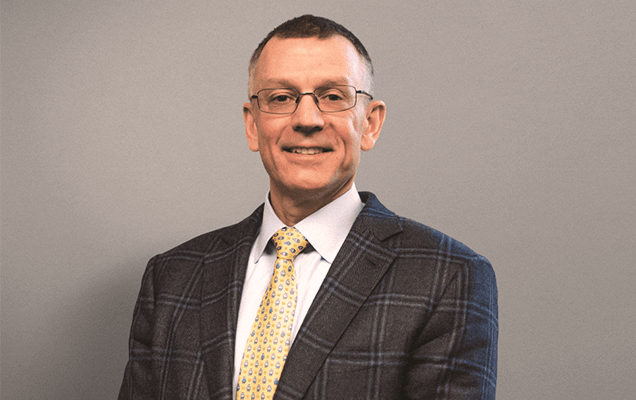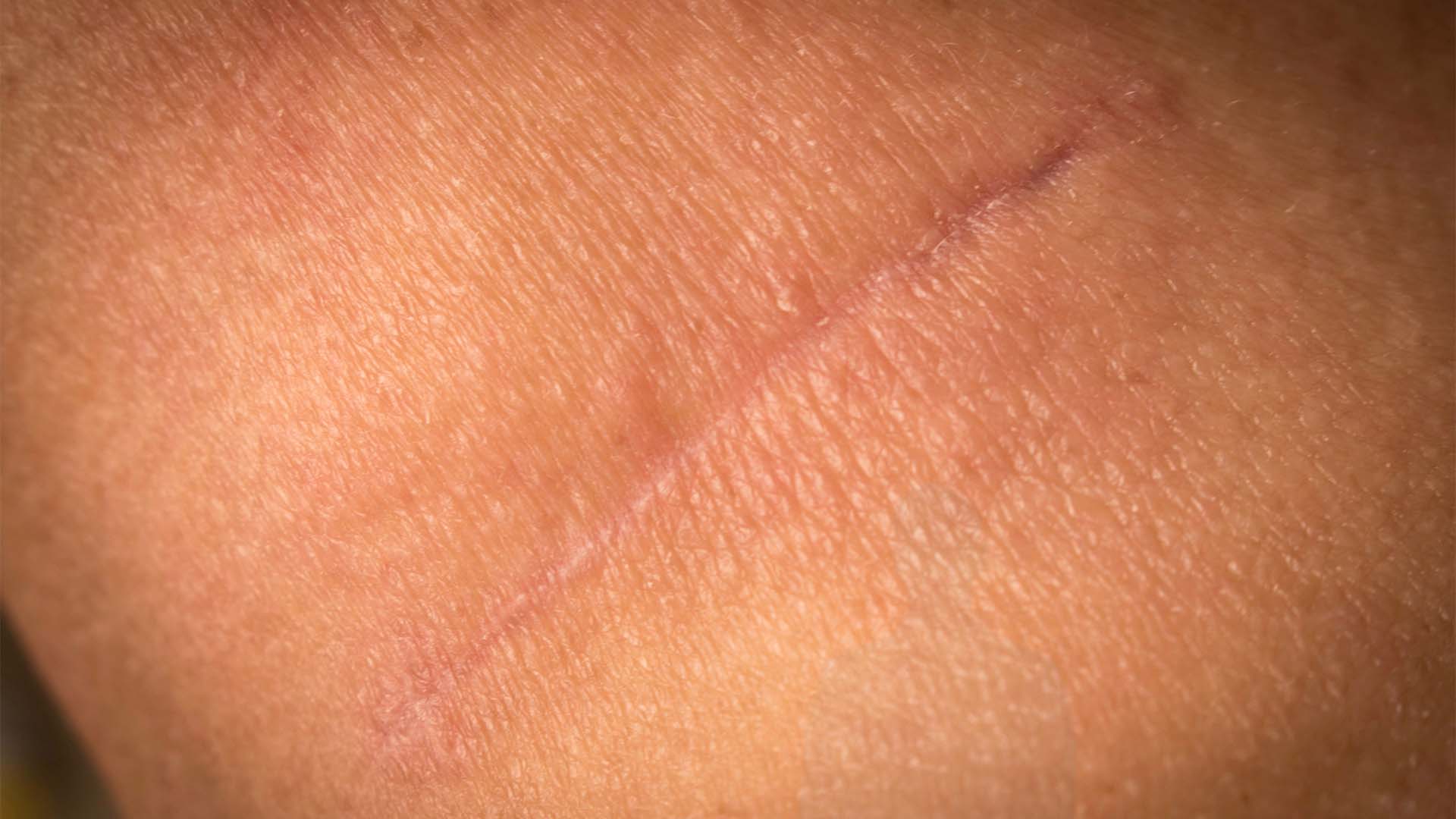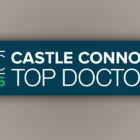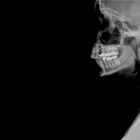Symptoms from a degenerated disc in your neck isn’t just physical—it’s a constant reminder of how much we rely on our spine to support not just our body, but our daily lives. When conservative treatments don’t help, many patients find success with Anterior Cervical Discectomy and Fusion (ACDF) surgery. While this procedure effectively addresses neck issues, patients often have questions about the scar from ACDF surgery and how to care for it properly.
This article is for educational purposes only. It provides practical information on how to care for your ACDF surgery scar. That said, please don’t use this as a substitute for professional medical care. Always follow the instructions of your treating surgeon or contact a medical expert with questions.
What is ACDF Surgery and Why Is It Performed?
A degenerated disc, the cushion between the bones of the spine, within the neck can lead to pressure on your spinal cord or spinal nerve roots that may require treatment to relieve symptoms. Under these circumstances, you may need ACDF spine surgery.
ACDF surgery is a specialized procedure where surgeons access the cervical spine through the front of the neck to remove damaged disc material and associated bone spurs. The surgical approach is similar regardless of which discs require treatment. After removing the problematic disc, your surgeon places a bone graft in the space and secures it with a metal plate and screws.
Scar tissue will form as a result of the surgical process, and it is crucial to manage it properly. Once you’re discharged from the hospital, proper post-operative care is essential to promote healing and prevent complications.
Many patients researching the procedure want to know what their neck will look like after surgery. The ACDF scar is typically minimal, since the incision is placed along a crease of the neck. Even in cases involving multiple discs, such as neck surgery for C5-C6 and C6-C7 degeneration, careful surgical techniques help minimize visible scarring.
How Big Is the Incision for ACDF Surgery?
The skin incision for ACDF surgery is usually between 1-2 inches in length on the side of your neck.
The incision is generally made at a horizontal angle within a natural skin crease, however, very rarely, vertical incisions are made. The precise size of the incision may vary depending on factors like the number of spinal levels being treated and your individual anatomy. Despite its small size, the incision provides enough access for the surgeon to safely remove damaged disc material and stabilize the spine.
ACDF Scar Healing Timeline
Understanding the ACDF scar healing process can help set realistic expectations:
- Week 1-2: Initial healing with minimal swelling
- Week 3-4: Scar begins to flatten and lighten
- Months 2-6: Continued improvement in appearance
- Up to 1 year: Final scar
Essential Care Tips for Your ACDF Surgical Scar Treatment
It’s always best to consult a professional for complete, tailored advice. To ensure the best possible outcome for your anterior cervical discectomy and fusion scar, follow these key guidelines:
Immediate Post-Surgery Care
- Keep the incision clean and dry
- Avoid getting the incision wet for 3 days
- Pat the area dry gently after washing
- Follow your surgeon’s specific instructions for dressing changes
Long-Term Management of Scar After ACDF Surgery
- Apply recommended sunscreen once healing is complete
- You may consider gentle scar massage if approved by your healthcare team
- Monitor for any unusual changes or signs of infection
- Maintain good neck posture to reduce tension on the healing tissue
How Long Does It Take For an Incision to Heal Following an ACDF?
The first few weeks after surgery are critical, and on average, your incision will take between 3-4 weeks to heal fully.
Although activities will typically not impact the healing of the incision, certain activities should be avoided so as not to disrupt the bone healing, which you won’t see. If you have any questions, seek professional medical advice.
Most patients find that their scar after ACDF surgery becomes less noticeable over time. Most patients are pleasantly surprised by how well the incision heals and barely notice (or even have a hard time finding!) the scar over time.
Is ACDF Considered a Major Surgery?
ACDF surgeries are safe and incredibly successful. In fact, ACDF surgeries have an average success rate of between 73% to 100%.
However, an ACDF is still considered major surgery, and complete recovery from an ACDF procedure can take between three to six months. Bone healing may take as long as 12 months, but generally, activities are unrestricted after 3-6 months. If you have any concerns before surgery, you should talk to your spine surgeon, who can reassure you and talk you through your procedure in-depth.
Do You Want More Info About Your Degenerative Disc Disease?
We hope you now have a better idea of how to care for the incision associated with an ACDF procedure. If you want more information about spine surgery, please feel free to contact us today.

About Dr. Michael G. Kaiser
Dr. Michael G. Kaiser is a nationally recognized neurosurgeon in North Jersey and is a proud member of Neurosurgeons of New Jersey, practicing out of their Ridgewood office conveniently located on East Ridgewood Avenue. Dr. Kaiser specializes in complex and minimally invasive spine surgeries.
Recent Posts:

What to Expect After Spinal Fusion: A Comprehensive Recovery Timeline
Please call today to schedule a consultation with me.
(551) 284-3265
Request a consultation with Dr. Kaiser





